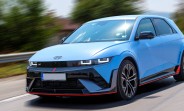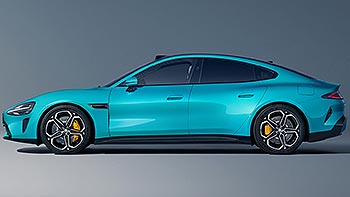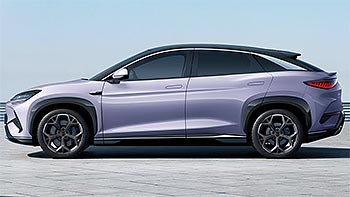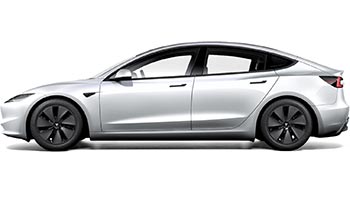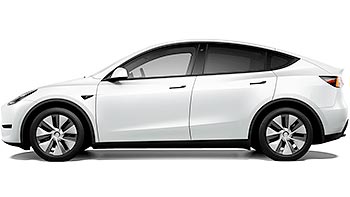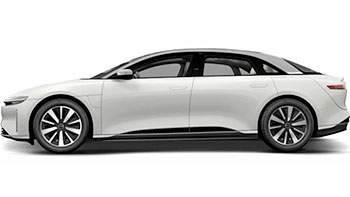Volkswagen's pivot - electric Golf and new compact SUV to be made in Wolfsburg

Germany, known for its precision engineering, is witnessing Volkswagen - one of its legendary automotive brands - shifting gears in its electric vehicle strategy. Let's break down the recent moves and what they could mean for the EV market.
Volkswagen has officially confirmed that its iconic Golf hatchback will be making the electric transition, and it will be assembled right at the brand's home base in Wolfsburg, Germany. This electric Golf will be joining hands with other models that are based on the Scalable Systems Platform (SSP). If you're thinking, "So, a family reunion at home?" – you wouldn't be too far off!
But that's not the only piece of electrifying news. Volkswagen has teased the launch of an all-new electric A-segment SUV. For those unfamiliar with the jargon, think of it as an EV designed for the city roads. And yes, this will also roll out of the Wolfsburg factory. However, fans will have to wait a bit; the scheduled production year is 2026. Patience, dear reader, is indeed a virtue.

Now, for those closely following the VW electric saga and wondering about the fate of the Project Trinity - fret not. The model, initially set for the Wolfsburg plant, will instead come alive at the Zwickau facility, where its siblings, ID.3, ID.5, and Cupra Born, currently reside. Seems like Volkswagen is playing a bit of musical chairs with its assembly plants.
The rationale? A recent meeting involving the bigwigs of Volkswagen’s management hinted at optimizing plant efficiencies. By grouping VW models on a platform basis per plant, the automaker believes in slashing complexities and, importantly, cutting costs. We say, "Economical thinking for electric cars? Why not!"
However, if you're curious about the specifics of the A-segment SUV, Volkswagen has played coy. Although there are murmurs about it potentially being a version of the ID.1, nothing's official yet. Yet, there's a silver lining. The ID.2all concept, viewed as the spiritual electric successor to the B-segment Polo, boasts a tag of under $27,700. So, if logic stands, the ID.1 (if that's the final name) might just be lighter on your wallet.
 VW ID. GTI prototype is the clearest preview of the future electric Golf
VW ID. GTI prototype is the clearest preview of the future electric Golf
For a little perspective, the German automaker currently offers the e-up!, an electric city car from its vaults of 2010. This aging model demands nearly $33,000 including VAT. Let’s hope the newer electric city car offering will be easier on the pocket.
Switching our attention back to the electric Golf, it's gearing up for a 2028 debut, backed by VW's SSP architecture, the brains behind the ID.2all concept. This ninth-generation Golf will likely sport an 800-volt architecture. In layman's terms? Ultra-fast charging speeds over 175 kilowatts. And for those who've dreamt of autonomous driving, SSP is prepping for Level 4 advanced driving systems.
While all this sounds awfully optimistic, we have recently highlighted a two-week production halt on the ID.3 and Cupra Born at the Zwickau and Dresden plants in early October. Reason? An apparent mismatch between supply and demand. In all honesty - Volkswagen seems to be sending a confusing message.
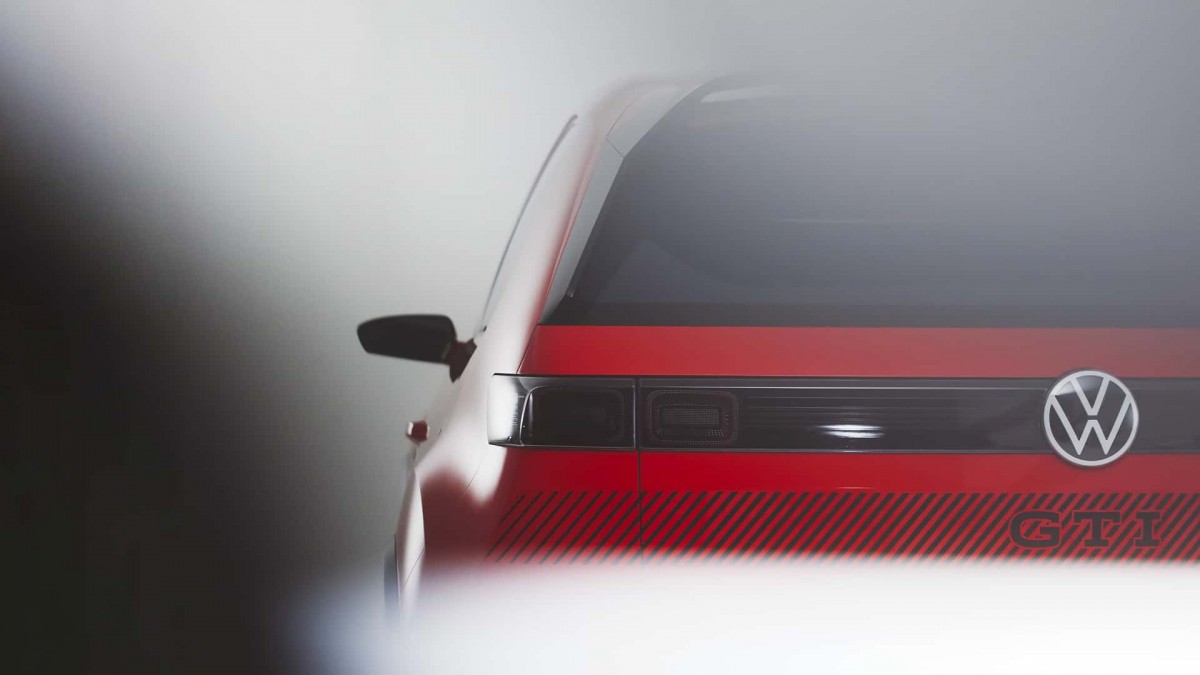
On the one hand, the company talks about shutting down factories due to lack of demand for its products, on the other - it talks about shifting production and increasing volumes. Does that sound like a company with a solid plan for the future? Or does it sound like someone is desperately trying to keep the sinking boat afloat at any cost?
For a good few years now VW has been trying to sell its electric vehicles with outdated technology hiding under the metal, with software plagued by unforgiving bugs. The majority of customers felt like being sold a hugely overpriced product that - put it mildly - was painfully underperforming. The company hoped it could get away with it long enough to come up with an improved fleet of EVs but unfortunately, it took its sweet time. The competition wasn’t waiting.
The German auto giant can blame the Chinese automakers all it wants, the company is spending huge amounts of money lobbying the EU and forcing the investigation into the Chinese subsidies. The truth is - that money would have been better spent on developing competitive EVs. In all of this, the company has forgotten that its performance is down to its customers, not the competition. The universal truth is - customers always vote with their wallets.
Related
Reader comments
Nothing yet. Be the first to comment.




